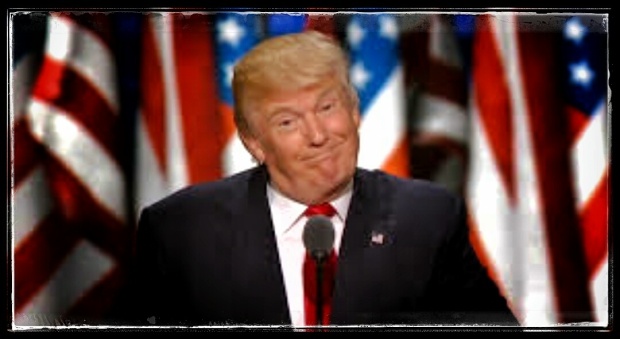
(To be published in Arabic for Arabi21)
Ever since both sides of my family came to the United States they were farmers; which means, almost by definition, they were Democrats. My grandparents loved Roosevelt, and my parents loved Kennedy.
I was, myself, active in the Democratic Party. I was a precinct coordinator for the 1988 Presidential Election before I was old enough to vote. On my eighteenth birthday I registered to vote, and increased my party involvement as much as I could.
I saw very quickly, however, that the Democratic Party was no longer the party of Roosevelt, nor even the party of Kennedy. It was a party that took it as a given that they would receive the electoral support of the poor and minorities, but that it had very little actual concern for them. I saw, even on the local level, that it was a party of upper class, wealthy conservatives; or anyway,, they seemed wealthy and conservative to me. They were homeowners with two-car garages filled to capacity, living in palatial suburbs. They were basically Republicans, as far as I could tell.
And this is pretty much the direction the Democratic Party continued to move for next 20 years. They could still take it as a given that they would get the votes of the poor and minorities simply because everyone believed that the Republicans would be even worse. By 2016, very few people believed that anymore. The closest thing we had to a Democrat was Bernie Sanders, and the Democratic Party treated him like a leper. If either Roosevelt or Kennedy ran today, the Democratic Party would consider them radical Leftists, even though they would be expressing the things most of the population still believes in.
So, yes, huge swathes of the electorate just refused to participate.
It is absolutely true that Trump won the election because the population is disillusioned with the political process, and they are fed up with the status quo. It is not true, however, that this profound dissatisfaction translated to support for Trump; it didn’t. It translated to disgust, apathy, and lack of participation. There is no “Trump Movement”. On almost every issue, he is out of step with the views of the population.
Over half of the eligible voters didn’t vote at all, and if you subtract from Trump’s votes those who simply supported him because they hated Hillary Clinton, his actual core of supporters probably only represents somewhere between 10-15% of the electorate. And, frankly, if Hillary Clinton had won (and she did win the popular vote), the same basic calculation would apply. She probably had an even smaller core of genuine supporters; Democrats voted for her because of party loyalty, and to vote against Trump. So no matter how it had turned out, the US president would be elected by basically a fringe minority
So there is a movement taking place in America, but it is manifesting itself, not in political participation, but in rejection. The majority is turning away from the political process for the redress of their grievances.
I hoped that Hillary would win, not because I still feel any loyalty to the Democratic Party, but because I believed that the…shall we call it the “Rejectionist Revolution”?…opposition would manifest itself in policy criticisms and a genuine political critique; whereas I believe that under Trump, opposition is more likely to be expressed in personal loathing for the man himself.
If that is the case, politics will not change. Indeed, “status quo” politics will likely make resurgence in the next election cycle. The Democrats are not going to have to change, because they are not going to be the party that faces the criticism, and, insofar as they are now the opposition party, they will keep their complaints on a petty and irrelevant level, as they did throughout the campaign, and in the days leading u to the inauguration. They will not have to be rehabilitated; and they desperately need to be rehabilitated.